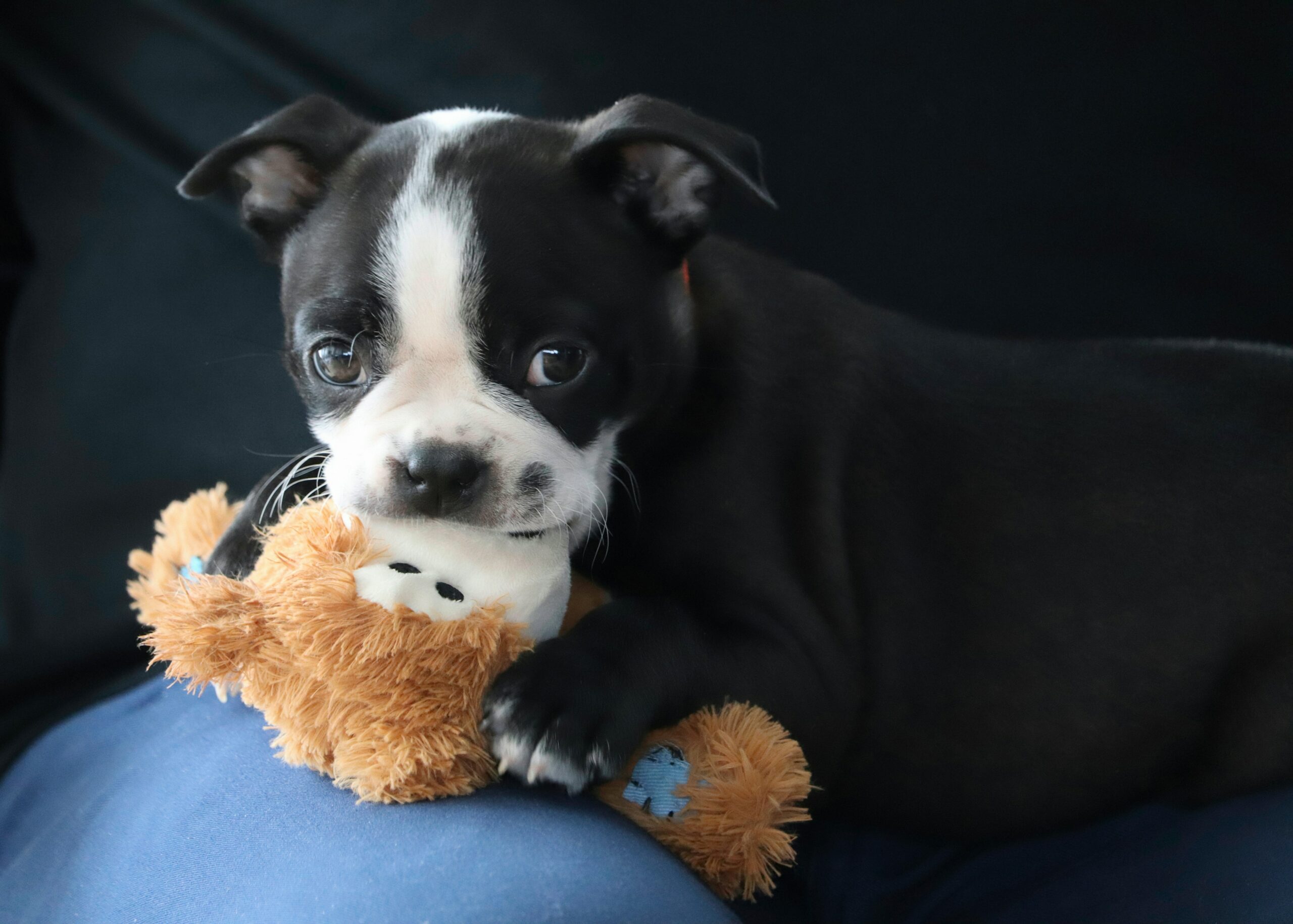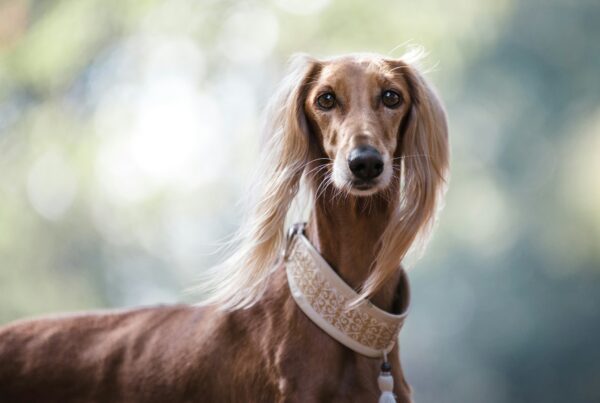Taking your Dog on Winter Vacation
Travelling with your NYC pooch can be incredibly rewarding regardless of the season and can be especially fun in the winter snowboarding season. Your city pet can pick up on and join in with the excitement of the NYC festive season with your loving eye and support of using these winter months to you and your NYC dog’s advantage.
Although we humans may not always be so keen on the winter weather regardless of how magical it looks, dogs tend to absolutely adore the snow, as anyone who has gone dog walking around Manhattan in winter can no doubt attest to. Nevertheless there are some things to bear in mind to make your winter vacation or stay-cation with your beloved pet as enjoyable as possible. The harsh NYC weather can take its toll on your pets skin and hair just as it can yours, and travelling plans will require some attention. The following is a brief guide to vacation and winter care tips for your dog that will help you and your pet have the best winter break possible.
Winter Care for your Dog
Although it is fine to continue bathing your dog as usual in winter weather, do ensure that they are completely dry before venturing outside. Going out in icy weather with a damp coat can leave your pet at risk of sickness, skin conditions and even hypothermia. If you are concerned about this but still wish to groom your dog over your winter vacation try a dry shampoo specifically for dogs to keep their coats freshly groomed without getting them wet. It is advisable to let their coats grow a little longer than usual. Also continue to keep your dogs claws trimmed. Although some owners may be tempted to let them grow a little to give more ‘grip’ on icy surfaces this can actually increase their chances of slipping and will also allow residues of dirt, salt and ice to collect, triggering possible problems. You can also apply a protective balm to the underside of your pooch’s feet to protect them from extreme weather conditions. It’s also worth buying a doggie coat or sweater for the winter, particularly if you are taking a winter vacation to even colder climes than usual. These are recommended for all dogs on winter vacation but are crucial for dogs that are very young or very old, or for breeds that have very short fur and/or low body fat such as greyhounds.
Canine-Friendly Winter Vacations
Winter vacations, especially those involving hiking and/or ski-ing, are set to be very popular this season if the snow forecasts and updates are anything to go by, and your pet will no doubt love to join you in a winter break in the mountains. There are however a few safety considerations to bear in mind. If it’s your first time travelling with your pet for winter vacation bear in mind that cold weather and flying with your pet doesn’t tend to mix very well and where possible a car journey would be more advisable. Never leave your dog unattended in a cold car as this puts them at risk of frostbite and hypothermia. Dogs love to play in the snow and will often carry on regardless of initial indications of discomfort, so it’s crucial to monitor their wellbeing carefully. Invest in a good doggie jacket as mentioned above and limit your pooch’s time outside. It is advisable to keep your pet on a leash as it can be very easy to lose sight of them in extreme weather and they may get lost in unfamiliar surroundings. A good running lead will allow your dog plenty of freedom to run around. Ensure they have their ID tag on also, just in case.
When coming in from the snow, carefully dry their paws to prevent chafing. You can even purchase dog booties specifically for snowy and icy weather. There are also considerations for when you are inside your holiday home; you are likely to have heaters and furnaces on full throttle and your dog will no doubt be trying to get as close to the warmth as possible, so be mindful they don’t accidentally burn paws or tails and don’t leave your pet unattended near a heater. It is also recommended that you give your dog an extra serving of protein while on winter vacation to help their body generate more warmth and because they will most likely be getting more exercise than usual.
Follow these basic tips and you and your pooch could soon find yourselves having the winter break you’ve always dreamed of.



